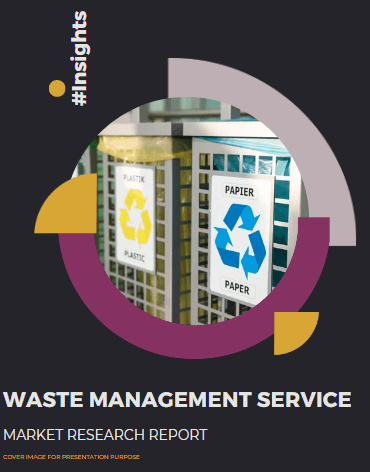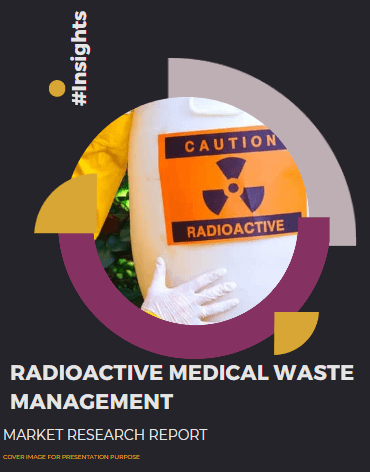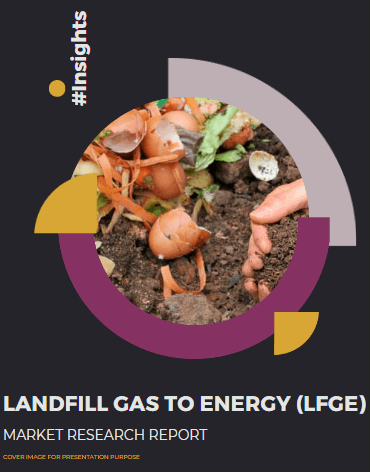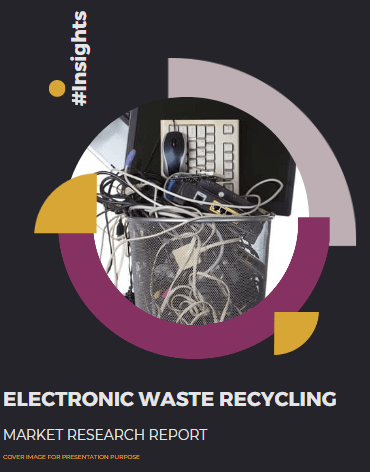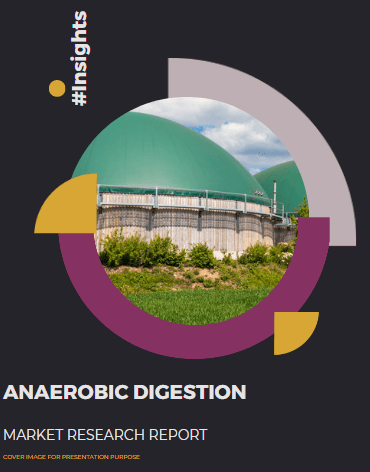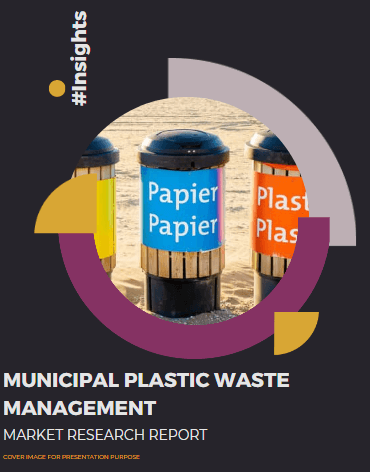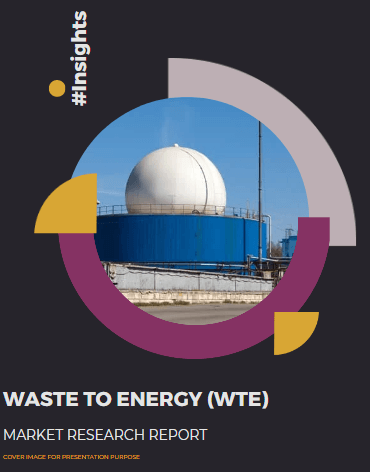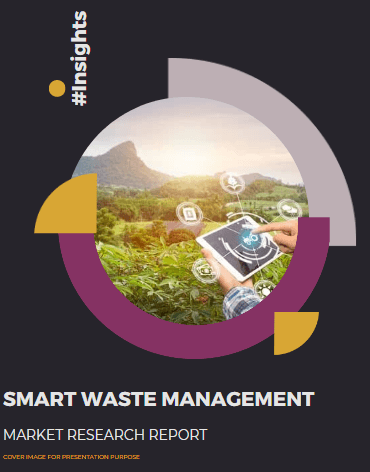From Trash to Treasure: How Technology is Redefining Waste Management
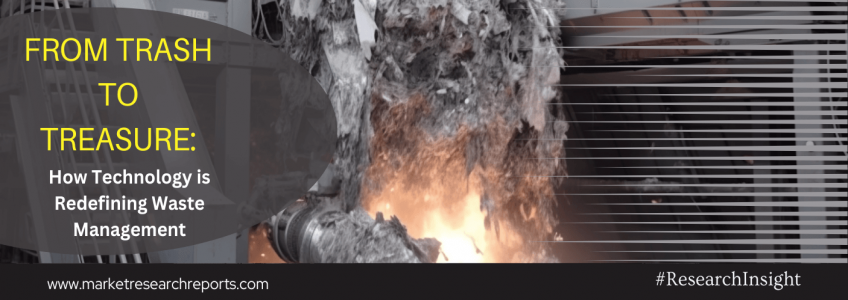
Waste management plays a crucial role in maintaining the health and well-being of our planet. Effective waste management becomes increasingly important as societies continue to grow and consume resources. However, the waste management industry faces numerous challenges in pursuing sustainability. This article explores the key challenges and opportunities in the waste management sector, highlighting examples and innovative solutions that can lead us toward a more sustainable future.
1 . Challenges in the Waste Management Industry:
- Increasing Waste Generation: One of the significant challenges the waste management industry faces is the rapid increase in waste generation. As populations grow and urbanization accelerates, the volume of waste produced also rises. This puts immense pressure on existing waste management infrastructure and requires scalable and efficient solutions to handle the growing waste streams.
Example: India's Solid Waste Management Challenge India faces significant waste management challenges with its rapidly expanding population. According to estimates, India generates over 150,000 tons of solid waste per day, a number expected to double in the next decade. The government and various organizations are working towards implementing effective waste management practices, including waste segregation, recycling, and decentralized waste treatment systems.
- Inadequate Infrastructure: Insufficient waste management infrastructure is a common challenge in both developed and developing countries. Many regions lack proper waste collection systems, landfill facilities, and recycling infrastructure. This results in waste mismanagement, illegal dumping, and environmental pollution.
Example: Waste Management in Africa Several African countries face infrastructure limitations for waste management. In response, innovative initiatives have emerged, such as the "Pay-As-You-Throw" model implemented in Rwanda. This system encourages waste reduction by charging households based on the volume of waste generated, promoting recycling and composting.
- Recycling and Resource Recovery: Enhancing recycling and resource recovery rates is essential for reducing the burden on landfills and conserving natural resources. However, limited recycling infrastructure, lack of awareness, and low market demand for recycled products pose significant challenges.
Example: Plastic Waste Recycling Plastic waste poses a global environmental challenge. Countries like Sweden have implemented successful recycling programs. In Sweden, the Waste-to-Energy (WTE) system has transformed waste management by incinerating non-recyclable waste and converting it into energy, reducing reliance on fossil fuels.
2 . Waste Management Service Market Research Report:
3 . Opportunities for a Sustainable Waste Management Future:
- Circular Economy: The concept of a circular economy presents an opportunity for transforming waste management practices. A circular economy minimizes waste generation, maximizes resource efficiency, and promotes recycling and reuse. It emphasizes the creation of closed-loop systems where waste becomes a valuable resource.
Example: The Ellen MacArthur Foundation The Ellen MacArthur Foundation is a leading organization promoting the transition to a circular economy. Their initiatives aim to redefine waste as a valuable resource and encourage collaboration between businesses, policymakers, and innovators to redesign products and systems, reducing waste and promoting resource efficiency.
- Technological Innovations: Technological advancements offer significant opportunities for improving waste management practices. Robotics, artificial intelligence, and sensor-based technologies enable more efficient waste collection, sorting, and processing, reducing the burden on human labor and improving overall operational efficiency.
Example: Smart Waste Management Systems Smart waste management systems are being deployed in cities worldwide, using sensors and data analytics to optimize waste collection routes, monitor bin levels, and improve operational efficiency. This results in reduced collection costs, minimized environmental impact, and improved service quality.
- Public Awareness and Behavioral Change: Raising public awareness and promoting behavioral change are crucial for achieving sustainable waste management. Educating communities about the importance of waste reduction, segregation, and recycling can significantly impact waste generation and resource recovery rates.
Example: Zero Waste Initiatives Zero Waste initiatives, such as the one implemented by the city
of San Francisco, demonstrate the potential of public awareness campaigns. San Francisco aims to achieve zero waste by 2020, encouraging residents and businesses to reduce, reuse, recycle, and compost. Through education, incentives, and infrastructure support, the city has significantly progressed in diverting waste from landfills and promoting sustainable practices.
- Public-Private Partnerships: Collaboration between the public and private sectors is vital for addressing the challenges in the waste management industry. Public-private partnerships can leverage resources, expertise, and innovation to develop sustainable waste management solutions and improve overall system efficiency.
Example: Waste-to-Energy Projects Waste-to-Energy (WTE) projects demonstrate successful collaborations between public and private entities. These projects convert waste into energy through incineration or other advanced technologies. For instance, the Kwinana Waste-to-Energy Plant in Western Australia is a public-private partnership that converts non-recyclable waste into electricity, powering approximately 50,000 homes.
4 . Pioneering Companies at the Forefront of Waste Management Technologies
Several leading companies are at the forefront of developing and implementing innovative technologies to address waste management challenges and promote sustainability in the waste management industry. Here are some notable companies and their technologies:
Waste Management Inc. (WM): Waste Management Inc. is one of the largest waste management companies globally. They invest in various technologies and initiatives to improve waste diversion and recycling rates.
Landfill Gas-to-Energy: WM operates over 130 landfill gas-to-energy facilities that capture methane gas produced by decomposing waste in landfills. This gas is then used to generate electricity or produce renewable natural gas (RNG).
Landfill Gas-to-Energy (LFGTE) is an innovative waste management practice that transforms harmful methane gas produced in landfills into a valuable source of renewable energy. This process not only reduces greenhouse gas emissions but also helps to diversify the energy mix, contributing to a more sustainable and low-carbon future.
Single-Stream Recycling: WM has implemented single-stream recycling systems that allow customers to place all recyclable materials in a single bin, simplifying the recycling process and increasing participation.
Single-stream recycling, also known as commingled or "all-in-one" recycling, is a waste management approach that simplifies the recycling process by allowing various types of recyclable materials to be collected together in a single bin. This innovative method has gained popularity due to its convenience and potential to increase recycling rates, contributing to a more sustainable and circular economy.
Veolia: Veolia is a global provider of waste management and environmental services. They focus on resource recovery and the development of sustainable waste management solutions.
Anaerobic Digestion: Veolia operates anaerobic digestion facilities that convert organic waste into biogas and organic fertilizers. This process helps reduce greenhouse gas emissions and produces renewable energy.
Anaerobic digestion is a sustainable and efficient waste management process that converts organic waste into biogas and nutrient-rich digestate through natural decomposition in the absence of oxygen. This innovative technology offers multiple environmental and economic benefits, making it a valuable solution for waste diversion, renewable energy generation, and nutrient recycling.
Plastic Recycling: Veolia has developed advanced plastic recycling technologies, including chemical and mechanical recycling, to recover and reuse plastics from various waste streams.
Plastic recycling is a critical component of waste management and environmental sustainability efforts worldwide. It involves the collection, sorting, processing, and reprocessing of plastic waste to create new products, reducing the need for virgin plastic production and minimizing environmental impact. Plastic recycling plays a vital role in conserving resources, reducing landfill waste, and mitigating the environmental consequences of plastic pollution.
SUEZ: SUEZ is a multinational company specializing in waste management, water treatment, and environmental services. They are committed to sustainable waste management practices and circular economy principles.
Waste Sorting Technologies: SUEZ utilizes advanced sorting technologies, such as optical sorting machines and artificial intelligence, to efficiently separate different types of waste for recycling and recovery.
Waste sorting technologies play a crucial role in the waste management industry by enabling efficient and effective separation of different types of waste for recycling, recovery, and proper disposal. These technologies utilize various mechanisms, such as mechanical, optical, and sensor-based systems, to streamline the sorting process, enhance recycling rates, and promote resource recovery. By improving waste sorting practices, these technologies contribute to the development of a more sustainable and circular economy.
Energy Recovery from Waste: SUEZ operates energy recovery facilities that use waste as a fuel source to generate electricity or heat. This reduces reliance on fossil fuels and diverts waste from landfills.
Covanta: Covanta is a leading sustainable waste management and energy recovery company. They focus on converting waste into clean energy through advanced technologies.
Waste-to-Energy: Covanta operates waste-to-energy plants that burn municipal solid waste, generating steam and electricity. This process reduces the volume of waste, minimizes greenhouse gas emissions, and produces renewable energy.
Energy recovery from waste, also known as waste-to-energy (WTE), is an innovative and sustainable approach that converts non-recyclable waste into valuable energy sources. This process helps reduce landfill dependence, minimize greenhouse gas emissions, and generate renewable energy. Energy recovery from waste plays a crucial role in modern waste management systems, addressing both environmental and energy challenges.
Metals Recovery: Covanta has implemented technologies to recover metals from waste streams, such as ferrous and non-ferrous metals. These recovered metals can be recycled and reused, reducing the need for virgin resources.
Metals recovery is a crucial process within the waste management and recycling industry, aimed at extracting valuable metals from various waste streams. By recovering and recycling metals, this practice not only reduces the environmental impact of metal extraction but also conserves resources and supports a more sustainable and circular economy.
Recology: Recology is an employee-owned waste management company that provides services in the western United States. They emphasize sustainable waste management practices and community engagement.
Composting and Organics Recycling: Recology operates composting facilities that process organic waste, including food scraps and yard waste, into nutrient-rich compost for agricultural use, closing the organic waste loop.
Composting and organics recycling are sustainable waste management practices that focus on diverting organic waste from landfills and converting it into nutrient-rich compost or other usable products. These processes offer numerous environmental benefits, including reducing greenhouse gas emissions, enriching soil health, and conserving resources. Composting and organics recycling play a vital role in the circular economy by closing the loop on organic waste and returning valuable nutrients back to the soil.
Artist in Residence Program: Recology's Artist in Residence Program provides artists with access to discarded materials at recycling facilities. They create artwork from these materials, raising awareness about waste reduction and promoting creative reuse.
The Artist in Residence (AIR) program is an innovative initiative that brings together artists and the waste management industry to promote waste reduction, creative reuse, and environmental awareness. Through this program, artists are given access to discarded materials and waste streams to create artwork, raising awareness about waste management issues and inspiring communities to rethink their relationship with waste.
These companies and their technologies exemplify the innovative approaches being taken in the waste management industry to move towards a more sustainable and circular economy, emphasizing resource recovery, energy generation, and environmental conservation.

